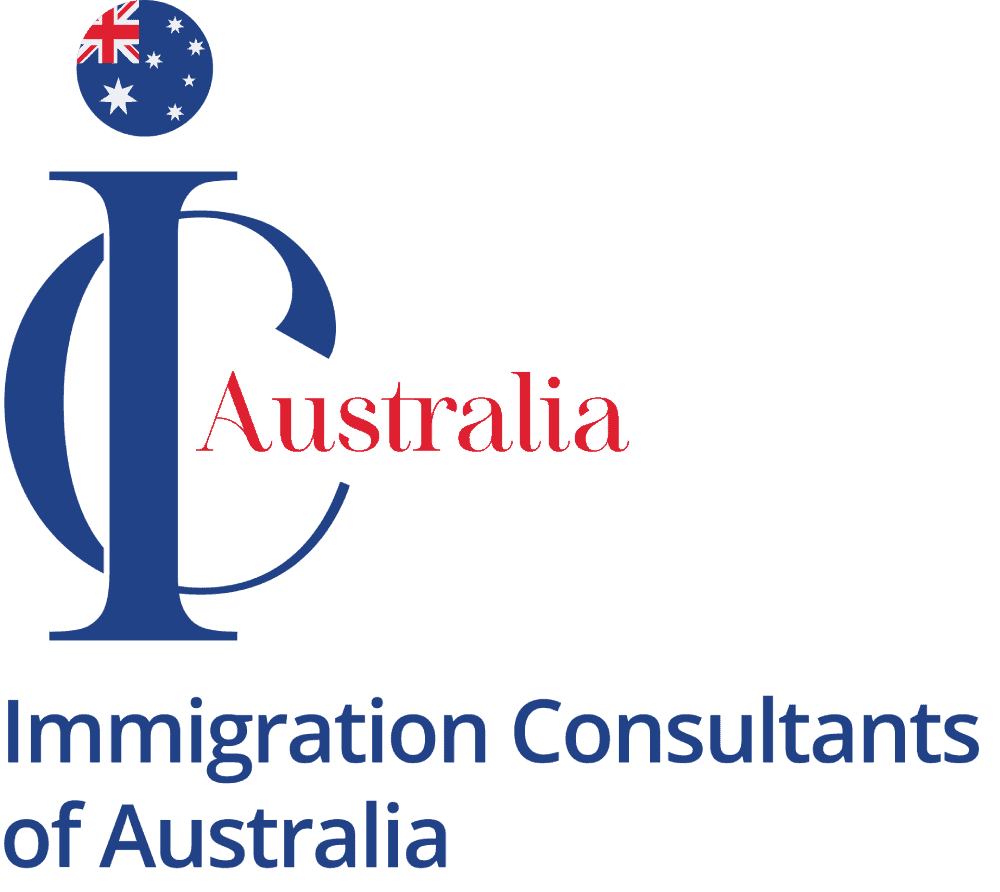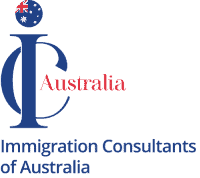Planning a move to Australia can be an exciting and daunting endeavor, especially when you have a family to consider. From obtaining visas to finding the right neighborhood and schools, there are numerous factors to consider. But fear not! Our comprehensive guide will provide you with everything you need to know to make your move Down Under a smooth and successful one.
Whether you are relocating for work, study, or a change of lifestyle, this guide covers all the important aspects of moving your family to Australia. We’ll walk you through the visa application process, point you in the direction of reliable removalist services, and offer advice on finding suitable accommodation and schools. We’ll also give you a glimpse into the Australian culture, healthcare system, and entertainment options, helping you and your family settle into your new life.
So, if you’re ready to embark on an unforgettable adventure and discover why Australia is a great place to raise a family, read on. Our guide is packed with valuable information and practical tips to ensure your move is a resounding success!
Preparing for Your Family’s Move to Australia
Moving your family to another country requires careful research and planning. Australia is a vast and diverse country, so it’s important to consider various factors before making the big move.
Start by researching the different states and cities in Australia. Each region has its own unique characteristics, climate, and lifestyle. Consider what kind of environment would be most suitable for your family. Do you prefer a bustling city or a quiet suburban area? Are you looking for proximity to the beach or a more rural setting? Understanding your preferences and priorities will help you narrow down your options.
Next, familiarize yourself with the cost of living in Australia. It’s essential to have a clear understanding of the expenses you’ll incur, including housing, healthcare, education, and daily necessities. Research the job market and employment opportunities in your field to ensure that you’ll be able to support your family financially.
Lastly, consider any cultural or language barriers that may exist. While English is the primary language in Australia, there may still be some adjustments to make in terms of accent and local slang. Researching and understanding the Australian culture will help you and your family integrate more easily.
Visa and immigration requirements
Before moving your family to Australia, you must navigate the visa and immigration process. Depending on your move’s purpose and eligibility, Australia offers various visa options.
The most common visa for families is the Subclass 189 Skilled Independent Visa. This visa allows skilled workers and their families to permanently live and work in Australia. To be eligible, you must meet certain criteria, including having a nominated occupation on the Skilled Occupation List and meeting the points test requirements.
If you have a job offer from an Australian employer, you may be eligible for the Subclass 482 Temporary Skill Shortage Visa. This visa allows you and your family to live and work in Australia temporarily. It’s important to note that this visa requires a sponsorship from an approved employer.
The Subclass 500 Student Visa is the most common option for those who wish to study in Australia. This visa allows students and their families to study and live in Australia for the duration of their course.
Navigating the visa process can be complex, so it’s advisable to seek assistance from ICAustralia. They can guide you through the application process and ensure you meet all the requirements.
Finding a place to live in Australia
Finding suitable accommodation is a crucial step in your move to Australia. The housing market in Australia can vary significantly depending on the city or region you choose.
If you’re moving to a major city like Sydney or Melbourne, be prepared for higher housing costs. These cities are known for their vibrant culture and job opportunities but also have a higher price tag. Rental properties are in high demand, so starting your search early and preparing to compete with other tenants is important.
Consider exploring regional areas or smaller cities if you prefer a more affordable option. Places like Adelaide, Brisbane, and Perth offer a lower cost of living while still providing a high quality of life.
When searching for accommodation, consider factors such as proximity to schools, public transportation, and amenities. Research the different neighborhoods and their demographics to find an area that aligns with your family’s needs and preferences.
Real estate websites and rental agencies are valuable resources for finding available properties. Use online platforms to browse listings, view photos, and read reviews from previous tenants. It’s also worth contacting local real estate agents who can provide personalized assistance and advice.
Once you’ve found a property that meets your requirements, be prepared to complete a rental application, provide references, and pay a security deposit. Remember that rental agreements in Australia generally require a minimum lease term of six to twelve months.
Moving your belongings to Australia
Moving your belongings to Australia is a significant task, but with proper planning, it can be a smooth process. Start by decluttering and organizing your belongings to determine what you’ll take.
Research reliable international removalist services that specialize in moves to Australia. Obtain quotes from multiple providers and compare their services and prices. Look for companies that offer door-to-door service, packing and unpacking assistance, and insurance coverage for your belongings.
It’s important to be aware of Australia’s strict customs regulations. Certain items, such as firearms, drugs, and prohibited plants, are not allowed into the country. Make sure to familiarize yourself with the customs requirements and restrictions to avoid any delays or complications.
Pack your belongings securely, labeling each box with its contents and the room it belongs to. This will make the unpacking process much easier once you arrive in Australia. Consider using professional packing materials and techniques to ensure the safety of your items during transit.
When it comes to shipping your belongings, you have the option of air freight or sea freight. Air freight is faster but more expensive, while sea freight is more cost-effective but takes longer. Consider your budget and timeline when choosing the best shipping method for your family.
Settling in and finding essential services
Once you’ve arrived in Australia, it’s time to settle in and find essential services for your family. Here are some key services you’ll need to consider:
- Healthcare: Australia has a universal healthcare system known as Medicare. It provides access to subsidized healthcare services, including doctor visits, hospital care, and prescription medications. To be eligible for Medicare, you must apply for a Medicare card, which can be done online or at a Medicare office.
In addition to Medicare, it’s advisable to have private health insurance to cover any additional medical expenses and access to private hospitals. Research different health insurance providers and compare their coverage options and costs.
- Banking: Opening a bank account in Australia is essential for managing your finances. Research different banks’ offerings, such as fee-free accounts, online banking services, and international money transfers. Consider factors such as branch availability, ATM accessibility, and customer service.
- Utilities: Arrange for connecting essential utilities, such as electricity, gas, water, and internet services. Contact utility providers in advance to schedule the connection and ensure a smooth transition.
- Transportation: Depending on the city or region you’re moving to, you may need to consider transportation options for your family. Australia has a well-developed public transportation system, including buses, trains, and trams. Research the local transportation network and obtain public transport cards for each family member.
Education and healthcare in Australia
Education is one of the most important factors to consider when moving your family to Australia. Australia offers a high standard of education and a variety of schooling options.
- Public schools: Australia has a strong public school system that provides free education for Australian citizens and permanent residents. The government funds public schools and offers a comprehensive curriculum. Research the schools in your chosen area and contact them to learn about enrollment requirements and procedures.
- Private schools: Australia also has a wide range of private schools that offer alternative education options. Private schools often have smaller class sizes, specialized programs, and additional extracurricular activities. Remember that private schools require tuition fees, so consider your budget when exploring this option.
- International schools: If you’re moving to Australia temporarily or looking for an education that follows a specific curriculum, such as the International Baccalaureate or American system, international schools may be a suitable choice. These schools cater to students from various cultural backgrounds and provide a global education.
Australia has a comprehensive healthcare system that ensures residents have access to quality healthcare. Medicare provides subsidized healthcare services, while private health insurance offers additional coverage and a choice of healthcare providers. It’s important to familiarize yourself with the healthcare options available in your area and choose the best option for your family’s needs.
Exploring the Australian culture and lifestyle
Moving to Australia is not just about practicalities; it’s also an opportunity to immerse yourself in a vibrant culture and lifestyle. Australia is known for its laid-back and friendly atmosphere, stunning natural landscapes, and diverse cultural experiences.
- Outdoor activities: Australians love spending time outdoors, enjoying the country’s beautiful beaches, national parks, and hiking trails. Explore your area’s local parks and beaches and engage in activities such as swimming, surfing, hiking, and barbecues.
- Cultural events: Australia hosts various cultural events and festivals throughout the year. There’s always something happening, From music festivals to art exhibitions to food and wine festivals. Check local event listings and immerse yourself in the Australian cultural scene.
- Sports: Australians are passionate about sports, particularly cricket, Australian rules football, rugby, and soccer. Attend a live sporting event and experience Australian sports fans’ electric atmosphere and camaraderie.
- Cuisine: Australia is a melting pot of different cuisines, influenced by its multicultural population. Explore local restaurants and food markets to discover a variety of flavors from around the world. Don’t forget to try iconic Australian dishes like meat pies, Vegemite, and lamingtons.
Tips for a smooth transition to Australia
Moving your family to Australia is a significant life change, and it’s natural to feel a mix of excitement and apprehension. Here are some tips to help you and your family transition smoothly:
- Research and preparation: Thoroughly research and plan to ensure a smooth transition. Familiarize yourself with the visa requirements, housing market, healthcare system, and education options. Create a checklist of tasks and deadlines to stay organized throughout the process.
- Connect with the community: Reach out to local community groups and expat networks to connect with other families who have made a similar move. They can provide valuable advice, support, and a sense of belonging.
- Embrace the Australian lifestyle: Australia has a unique lifestyle that revolves around the outdoors, family, and a relaxed attitude. Embrace the Australian way of life and encourage your family to participate in local activities and events.
- Stay positive and patient: Moving to a new country can be challenging sometimes, but staying positive and patient is important. Give yourself and your family time to adjust and adapt to the new environment. Remember that it’s a journey with ups and downs along the way.
Conclusion
Moving your family to Australia is an exciting and life-changing adventure. By researching and planning ahead, navigating the visa process, finding suitable accommodation, and understanding essential services, you can ensure a smooth transition for your family. Embrace the Australian culture, explore the diverse landscape, and create unforgettable memories as you embark on this new chapter in your life. Australia offers a wealth of opportunities for you and your family to thrive and enjoy a high quality of life.
Take the leap and make your move Down Under today with ICAustralia! We guarantee a smooth and successful immigration experience to Australia by crafting a personalized immigration plan that aligns with your unique profile and aspirations. Additionally, we offer comprehensive assistance, guidance from a regulated MARA agent, and manage the application submission process on your behalf.
Start your Australian dream by contacting ICAustralia today!


